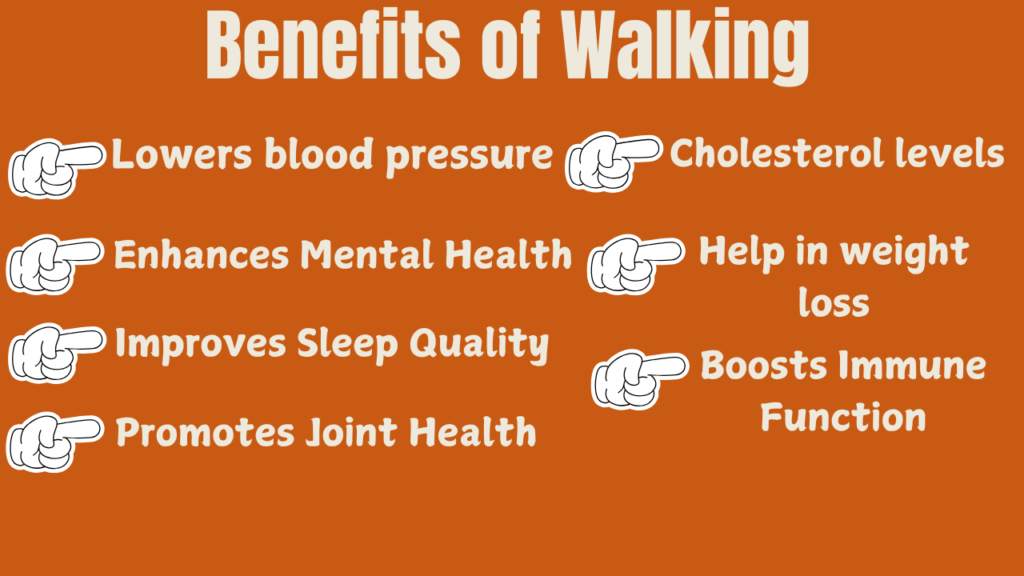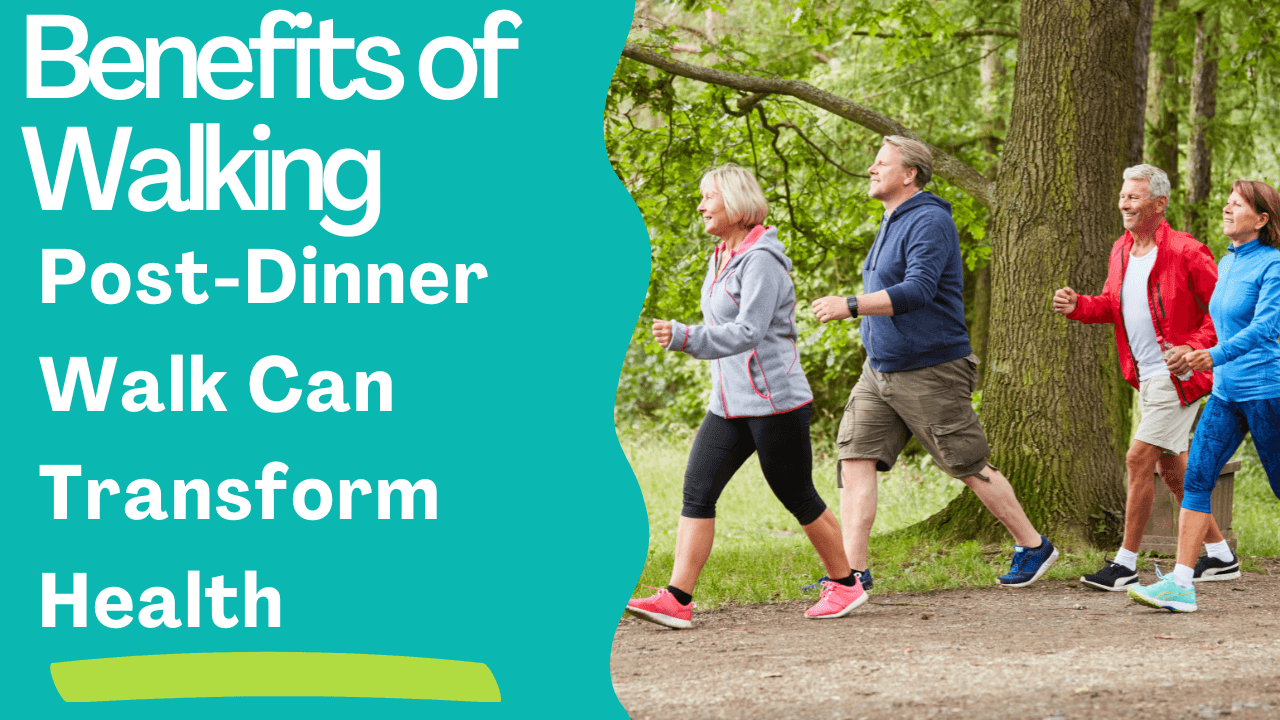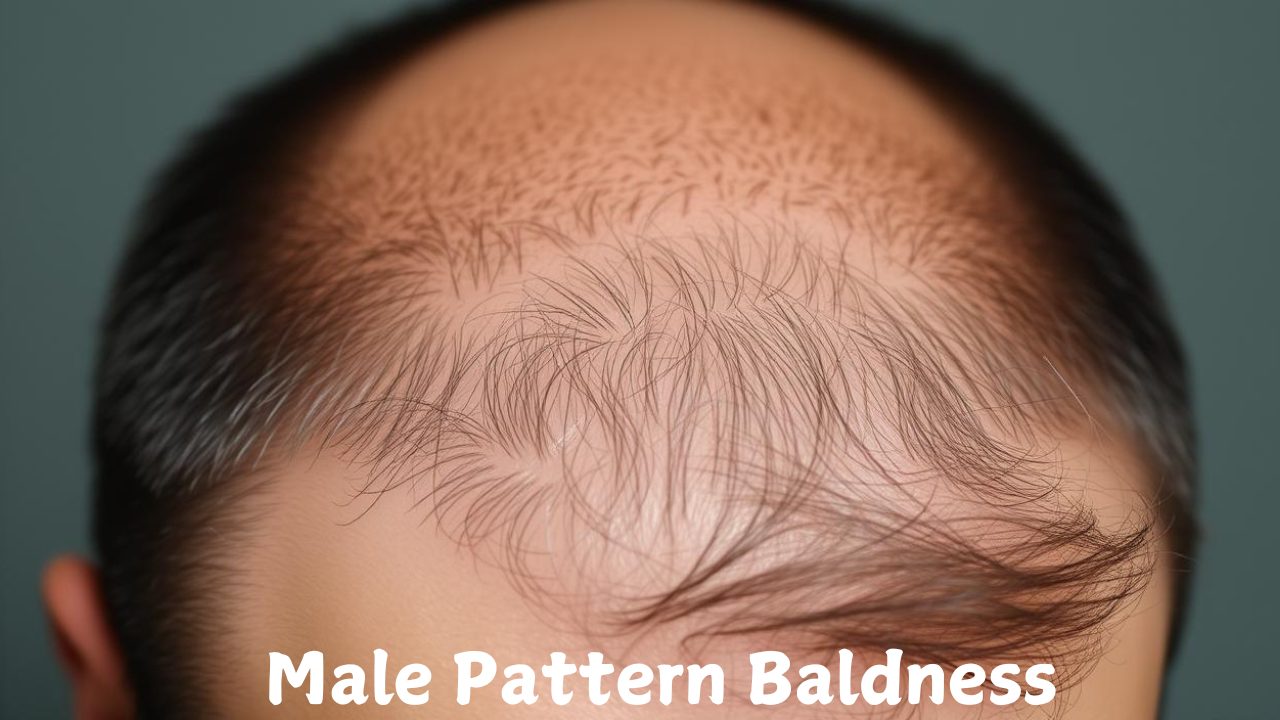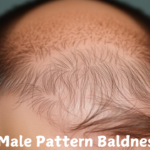Introduction:
Benefits of Walking | Do you ever wondered how getting out for an evening walk could improve your health? Night walking or after dinner walk is an age-old tradition that has much more than just implementing some physical activity in to your lifestyle. you can reap a lot more than what you sow. If you for instance want to control your weight, increase your metabolism, ease digestion, reduce stress, or fight depression, then walking has never been a better option since is widely supported and recommended by health personnel across the globe.
What’s promising is that there are various gains associated with taking post-dinner walks, and in this blog post, I will be focusing on discussing on the same. But, are you aware of the fact that these walks help in digestion, or how these strolls affect your mental health? Whatever you need to know and more you will find here with tips to put walking into your daily life. By the end of it, not only do you know why walking is such an essential method for your health, you should feel ready to walk out the door tonight!
What Are the Benefits of Walking?

Feeling good by walking is an example of the process indicating that one of the most natural activities is among the best exercises. Here’s a breakdown of the key advantages:
- Lowers blood pressure & cholesterol levels
Walking makes our heart healthy and increases blood flow.
Another research work that appeared in the American Journal of Public Health noted that persons who took regular walk free from heart diseases. - Help in weight loss:Walking the calories, which makes a useful tool when it comes to the reduction and regulation of weight.
In particular, one 155-pound burns approximately 140 calories walking at moderate intensity for 30 minutes.
- Enhances Mental Health
IF PA is embraced, then it should be understood that it facilitates the release of endorphins which may help improve mood and specifically decrease feelings of anxiety.
The literature reveals that walking reduces symptoms of depression. - Boosts Immune Function
Walking in such an intensity can boost the immune system.
It shows that people with a walking routine take fewer sick days than all people who do not engage in exercises. - Promotes Joint Health
Walking enhances muscle tendons around joints; therefore does not allow arthritis and joint pains to occur. - Improves Sleep Quality
Training reduces instances of sleep disorders and helps to encourage natural sleeping patterns and have a restful night.
These principles of walking give a basic background of how taking a walk after dinner can improve your health in other ways also.
Why Walking After Dinner is Beneficial:

Post-dinner walks are particularly effective for several reasons:
- Improved Digestion
Adults especially people with diabetes can be advised to walk in order to help in digestion as it aids the passage of food in the intestines.
One of the papers showed that it is beneficial to engage in light walking after meals if one wants to get rid of swelling and pain. - Blood Sugar Regulation
In or after meals, it has been found that walking helps to reduce the overall amount that the blood sugar levels rise since this is important in the management of diabetes.
Researchers have stated that moderate intensity walking for just 15 minutes after a meal can indeed reverse spike in blood sugar levels. - Reduction in Heartburn
Even walking or biking, air travel, or lying down may help reduce the chances of getting acid reflux and heartburn that occur after taking large meals. - Mind as a strength and contemplation
To these ends, walking can give the brain processing room and state-appreciation capacity that makes it easier to think, consolidate, and relax – advancing one’s emotional health.
Benefits of Walking for Weight Loss:
If weight management is a goal, walking after dinner can be particularly effective:
- Caloric Burn
It is pedestrianism which to some extent helps to slim, because a number of calories are burned during walking. For instance, a walking program that entails 30 minutes of walking removes about 150 calories. - Self management includes provisions of promoting healthy habits, and special reference to the easy is encouraging the client to develop healthy eating habits.
Maybe after a walk you may not feel as hungry as before and therefore avoid eating unhealthy foods. - Stake and Skull: A Routine for Physical Activity
It has been stated that walking regularly can help in the increasing the level of exercising in a given day.
Mental Benefits of Walking After Dinner:
Walking isn’t just good for your body; it’s great for your mind too:
- Boosts Endorphins
Physical activity requires hormone release in the body specifically endorphin which elevates moods and has potential to eradicate anxiety/depression. - Mindfulness Opportunity
Try to spend this time being mindful. Concentration on your environment, your breathing, and your mind, which enhances thought process. - Enhances Sleep Quality
The
Walking does affect the body’s biorhythms positively thus improving the body’s sleep-wake cycle. It is important that people get quality sleep in order to avoid developing mental disorders.
How to Make Walking a Habit:
When beginning a fresh routine, it can be difficult. Here are some tips to make post-dinner walks a regular part of your life:
- Set Achievable Goals
Exercise as much as possible but keep it basic; take a 10-15 minute stroll and then building up on the time. - Turn It to a Family or Social Gathering
It can also encourage your children to invite other families or friends to accompany them, which makes the event colorful. - Environment Selection
– Go for a pleasant and safe place like a park, or tireless neighborhood. - Track Your Progress
Walk for some days and use a pedometer or fitness application to measure the distance covered and then keep your milestones. - Dress Comfortably
When walking, wear comfortable shoes, and clothes so as to ease your walking exercises.
Addressing Challenges to Post-Dinner Walks:
Sometimes, a number of barriers may come in the way, even if we try our best. Here’s how to overcome them:
- Lack of Time
Even if you have little time – and time is money – you can go for a 10-15 minute walk. Maybe you can do your walk in two separate but equally shorter parts. - Weather Considerations
If the weather is bad meaning it is either too wet or too cold, find indoor walking replacements, such as through a treadmill or the local mall. - Motivation Tips
Organize walking or needs prompts by adding them to your calendar and building them in as a routine. Take your walk with your preferred audio, be it music or podcast or audiobook or a documentary.
Conclusion:
It is good to go for a walk after dinner as this come with several benefits to the overall body and mind. So if you adopt this simple activity as part of your lifestyle then you will have better digestion, better control over the blood sugar level, and better mood which will mean better health status.
Considering post-dinner walks have all these benefits, what better way than to start with it tonight? Take off your socks, tie your shoelaces, open the door and find out about walking for yourself. It’s not just about the walk on your own or with your family; it has to do with the long-term benefits resulting from a short walk.
Final Thoughts:
It is quite clear that walking is beneficial for you and when post-dinner walking becomes a part of your lifestyle, it is a long term investment on your health. So, what are you waiting for? It won’t take much for you to start your way to improved health!
Thus, based on the evidence and promoting readable and callable content, this article gives the readers clear vision of the benefits of walking – and a post-dinner walk in particular – and includes a call to get used to this all-encompassing and highly efficient practice.

1. What are the primary benefits of walking?
Flexible Walking has many folds advantages; enhanced cardiovascular capacity, weight control, mood elevation, better digestion process, and increased life span. It also helps to improve thinking and emotional processes.
2. How long should I walk after dinner?
It also shows that even a small 10-15 minutes walk might do a lot of good also. Ideally, that should be at least 30 minutes, although any positive amount of time is helpful.
3. Can walking help with weight loss?
Yes, walking can be useful in dieting or rather be a great way to losing weight by burning calories and promoting a good metabolism. It promotes a more active way of living which are off course has similar impacts of extra weight loss.
4. Is it better to walk before or after dinner?
Both are good for health, but walking especially after dinner has some extra advantages such as strengthening digestion process and normalizing insulin level in body. It may also be an aid to relaxation and help the patient to sleep better at night.
5. What should I wear for a post-dinner walk?
Pre and post – treatment instructions include: Dress comfortably in loose and comfortable clothes with good support shoes. If you are cold, put on layer of clothing on and ensure you are dressed in fabrics that dry out easily if it is hot.
6. How can I stay motivated to walk regularly?
Create goals, this will help you to monitor your progress and walk with someone to ensure you are following through. Finally, boring walks can be made more entertaining by listening to musical or podcast.
7. Can walking help with mental health issues?
Absolutely. Walking lowers anxiety and depression because it encourages the release of endorphins and can offer a chance to clear the thoughts.
8. Is it safe to walk after a heavy meal?
Light walking can be carried out safely and is recommended after taking foods. Though, if you suffer from certain medical conditions (like severe acid reflux), please check with your doctor.
9. What if the weather is bad?
In extreme weather conditions such as extreme cold, extreme heat or rain, the recommended mode of walking would be the treadmill, or in the commercial building such as the shopping mall. This is also good to attempt other exercising activities which are done indoors that emulates walking.
10. How can I track my walking progress?
Stair climbing, walking, jogging and wheelbarrow exhibition can be monitored using fitness apps or pedometers to indicate your steps, distance and time required. Many smartphones also contain health computing applications of which one can be utilized to monitor your activity.
















